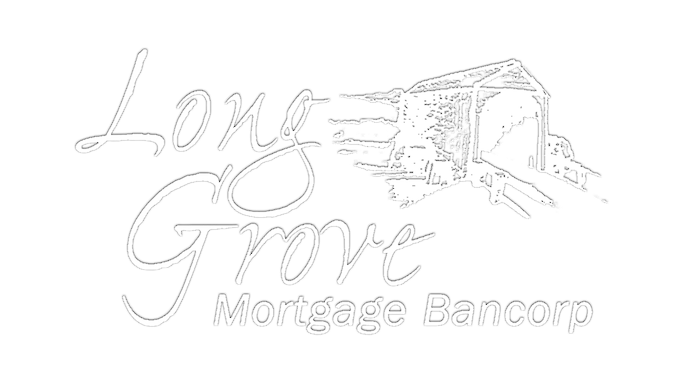Jumbo Loans: What You Should Know
What is a Jumbo Loan?
A jumbo loan is a home loan in an amount that exceeds the conforming limit. The conforming limit is set by the Federal Housing Finance Agency every November, and can vary from county to county.
In 2022, the conforming loan limit for a single-family property is $647,200 in most places. This is up from $548,250 in 2021.
In places where the median home value is higher than average, the limit might be higher. For example, in Monroe County, Florida, the conforming loan limit for a single-family property is $710,700.
Jumbo loans function in much the same way as conventional loans. There are fixed and adjustable options, and a variety of terms and payment schedules available.
Key Differences Between Conforming and Jumbo Loans
It can be more difficult to secure a jumbo loan than a conventional loan. This is because lenders assume more risk when loaning larger amounts of money. To hedge against the risk of borrowers deferring, lenders have more strict qualification guidelines for jumbo loans. They also require borrowers to undergo more arduous underwriting processes.
Qualifications
Requirements vary depending on location and lender, but the primary factors taken into consideration when determining eligibility include the following.
Debt to income ratio
Determined by how much money you owe vs how much money you earn. To determine your debt to income ratio, divide monthly debt payments by monthly income before taxes.
A high DTI ratio is a risk indicator for lenders. This shows that a higher percentage of the money you earn needs to go towards paying down existing debt.Down payment
While it's not uncommon to qualify for a conventional mortgage with 0-5% down, many lenders will require a 20% downpayment on a jumbo.
The down payment requirements vary by the lender according to factors that like borrower credit and income.
Long Grove Mortgage has access to programs that may allow for as little as 10% down on a loan amount up to $2.5 million.Credit
Most lenders require credit of 720+ for jumbo loans.
Long Grove Mortgage has access to programs that allow for credit scores as low as 680 for a primary residence. In this case the borrower may need a lower DTI, or proof of cash reserves.Property type
While there are no government restrictions on the property type - primary, vacation, investment, etc, a particular program offering may have certain limitations. For example, a lender may only extend a particular program to borrowers seeking financing for a primary residence.
Process
The underwriting process for a jumbo loan is generally more extensive than a conventional loan. You can expect more onerous requirements in these areas.
Documentation
More thorough documentation is called for and is reviewed manually with a fine tooth comb. The borrower will need to prove they have consistent, reliable income, and a certain amount of cash reserves.Appraisal
The appraisal process is also more extensive for a jumbo loan. Two appraisals may be required instead of one in order for the loan to be approved.Closing costs
Jumbo loan closing costs are typically higher than conventional. This is primarily because of title insurance and appraisal fees. However, a good mortgage broker can help offset these costs by strategically structuring the loan, and negotiating on the borrower’s behalf.
Interest Rates
Another expression of the higher risk associated with a jumbo loan is in the interest rate. While interest rates are influenced by many factors (market conditions, federal policy, and borrower credit profile), fixed rates are typically slightly higher on jumbo loans than on conventional. On the other hand, adjustable jumbo rates can be lower than their conventional counterparts.
The interest rate is variable and may be adjusted by the lender to balance out other qualification criteria. For example, if a borrower has less than adequate credit, the interest rate may be slightly increased. Conversely, if a borrower has exceptional credit and high cash reserves, the rate may be negotiated down.
Jumbo programs are becoming more competitive as property values sharply increase, and jumbo loans are becoming more common. Lenders are loosening requirements, and creating more flexible programs for borrowers as a means of competing for borrower business.
Is a Jumbo Loan Right for You?
The Chicago suburbs are home to some of the most gorgeous real estate in the country. As home values continue to rise in desirable markets like Lake Forest, Highland Park, and Barrington, many borrowers are surprised to learn what options are available to them with the right mortgage program.
Long Grove Mortgage specializes in jumbo loans and has access to exclusive jumbo products with flexible terms that can be tailored to your unique situation. We would be happy to talk to you about your options. Call today to set up a free, no obligation consultation.
Contact Us
847-634-2252
info@longgrovemortgage.com
NMLS #210846

